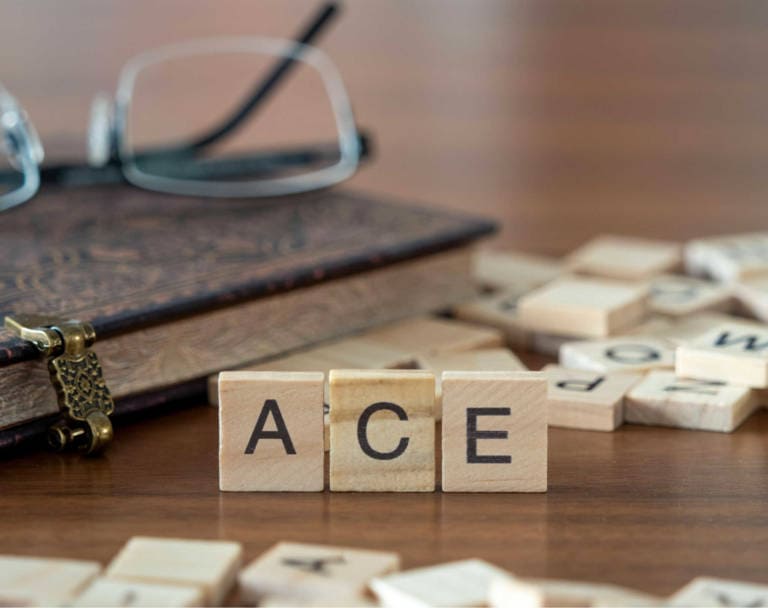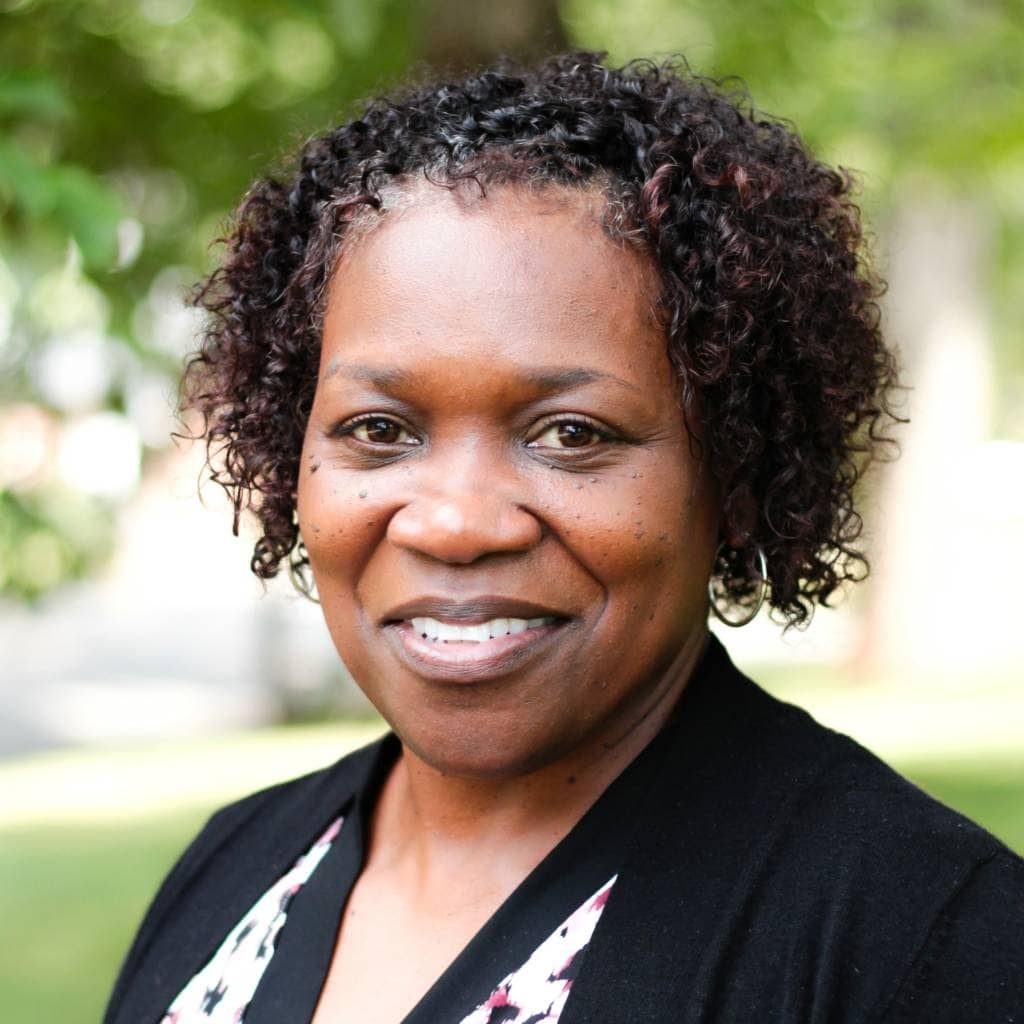Press Release: Crossnore’s Center for Trauma Resilient Communities Launches Initiative in Avery, Mitchell and Yancey Counties to Strengthen Nonprofit Leadership and Post-Helene Resilience
by Brett A. Loftis, JD, EdD., President
by Shenandoah Chefalo

In 1985, Dr. Vincent Felitti wanted to know why his obesity clinic had a 50% dropout rate, and when he looked closely, those that were leaving were actually losing weight. This dichotomy was getting in the way of what he called, “building a successful program,” and he wanted to know why. So, he dug into the files, but after looking into nearly 2,000 patients he couldn’t see any correlation.
Uncertain of what could possibly be the cause, he decided to do face-to-face interviews with 200 of the dropouts. He had a standardized questionnaire that asked: How much did you weigh when you were born? How much did you weigh in first grade? What did you weigh in high school? How much when you became sexually active? How old when you got married? He asked the patients, and nothing came out of it during the first several weeks.
Then, by pure accident, he misspoke. Instead of asking the patient how old she was when she became sexually active, he asked, “how much did you weigh when you were first sexually active?” She muttered 40 pounds. Felitti, assuming she misheard asked again, but misspoke again, and she responded 40 pounds. She was 4 and it was her father.
Stunned, Felitti didn’t know what to say or do. But, 10 days later he ran into a similar testimony from another client. Soon, every other client was giving testimony about sexual abuse. He feared that he was somehow injecting bias into the questions, so he asked colleagues to take over the remaining interviews. The results remained. Most of those patients reported sexual abuse. Thinking he was onto something, he began speaking at conferences, but frankly, most claimed that his patients were lying to cover for not living up to their own life goals. But he never gave up.
Eventually, with the help of the CDC and Dr. Robert Anda, who at the time was studying how depression and hopelessness affect coronary heart disease, they were able to join forces and take on the massive work that became known as the Adverse Childhood Experience Study. Now some 30 years later, we are still working to better understand that depth and breadth of that initial work.
Since the original study, it has been re-administered numerous times looking at various populations, yet the original data remains unchanged. It has become the backbone to understand using a trauma-informed lens to change systems and organizations and heal individuals. Even in trying times, we know that the antidote is and remains resilience. Resilience is a learned skill that is brought forth in the ways in which we are connected to each other. Of course, that connection means that we can be disconnected; and as the world spent most of 2020 in quarantine, I fear the lessons we learned from that disconnection might be long lasting.
Perhaps poet, Tammy Smith, so eloquently puts it in her poem Quarantine, “resilience is my gain.”

Since March 2020 I had been quarantined due to COVID-19.
Quarantined by myself, alone and on my own.
Quarantined in a house with no family no friends;
Quarantined with just me and my phone.
By June, my anxiety level started to kick in.
My childhood trauma began to settle deep within.
My fears, my doubts, all came rushing back.
The sounds and voices in my head began to overwhelm me and start to attack.
I became frustrated, angry, and often mad with rage.
I wanted to scream and shout, God get me out of this cage.
Those painful voices of my childhood past;
Kept telling me that I wasn’t going to last.
I began to drink to block out the pain;
Sometimes the house made me feel like I was going insane.
By September, I felt completely broken and drained.
I began to cry, weep, scream out for God to take away the pain.
By October, I said I can’t do this anymore.
I just wanted to run out of the house and scream to the top of my lungs.
Yet, I chose to walk and pray, more and more.
I was determined that I was not going to increase my adulthood ACEs score.
A score at the moment seemed higher than ever before.
I began to tell myself that my resilience is more powerful than my resistance.
Therefore, I started to continually remind myself of my well-being and existence.
I begin to remind myself that my FEAR was nothing but “False Evidence Appearing Real!”
So girl, pick yourself up, because you know the deal.
My trauma “is/was” my trauma. My pain “is/was” my pain.
Yet through it all, my determination to prevail allowed my resilience to be my gain.

Quarantined in 2020
written by Tammy Smith